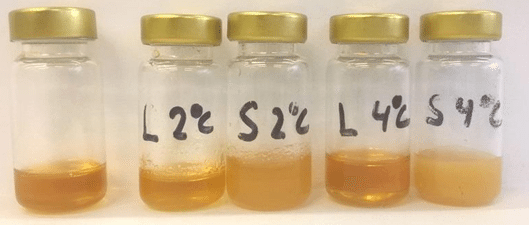Insect oil is a possible new source of the healthy omega-3 fatty acid as they make fatty acids naturally and can live on organic waste, finds Wageningen University.
It examines which insects can best be used for oil and what their optimal diet should be.
Insects are already used as a source of protein for man and beast.
While oil and protein are being extracted, insect oil is currently thrown away.
In her PhD study, researcher Daylan Tzompa looked at milk fats.
Out of curiosity, she did similar fat analysis with oil that was left over after protein extraction of insects by a colleague.
“The oil appeared to contain a lot of fatty acids, both saturated and unsaturated,” she said.
She demonstrated that the oil can be extracted in an environmentally-friendly way, giving the highest return and the best quality oil compared to other processes.
Tzompa extracted oil from for instance meal worms, beetle larvae, crickets, cockroaches, grasshoppers and soldier flies.
“All the oils smell differently, some nicer than others,” she says.
The industry is interested in sustainable fatty acids like omega-3 and lauric acid.
Fish is currently the main source for omega-3.
It is added to the feed of cats and farm raised salmon, to foodstuffs and put in capsules.










